Introduction
In this episode from our series, 100 Events That Changed the World, we will talk about 10 important events from discovering the wonder drug, to World War II, to Elvis Presley and McDonald’s and other important events that changed the history of the world.
Audio Episode
Transcript
00:04
This is your host, Danny and this is a new English plus episode. And in this episode, we’re going to continue our series about the 100 events that change the history of the world. Today, we’re going to talk about 10 more events. And let me tell you what these events are going to be for this episode, the first event, we’re going to talk about the discovery of the wonder drug. And in case you’re wondering, we’re not talking about any other drugs you might be thinking about. We’re talking about penicillin. After this, we’re going to talk about Roosevelt’s New Deal that helps end the Great Depression. And after that, we’re going to talk about Mao Zedong, who takes over the Communist Party of China. And then we’re going to talk about World War Two that claims more than 50 million lives. After that, we’re going to talk about the birth of the United Nations, Gandhi’s assassination, Sputnik that ignites the space race, genetic research. And finally, we’re going to talk about Elvis becoming the king of rock and roll and Ray Kroc, who opens the first fast food joint McDonald’s. Now you might say that some of these events might not be as important as other events that are included in the same episode. But trust me, all of these events have a great impact on the history of mankind. And we’re going to start with the very first event. But before we start, let me remind you that you can find the transcript of this episode on my website, English plus podcast.com. The link is in the description. And you will also find that there is a unique opportunity for Early Bird subscribers. If you become a premium subscriber on Patreon before the end of the month, you will get permanent access for only $5 a month to all my online courses that are coming on my website very soon, after the end of the month, the access will be $10 a month. But for all my current subscribers and all the ones who are going to subscribe before the end of the month, it’s going to stay for $5 a month, that’s an early bird offer, use the offer subscribe before the end of the month, and you will get permanent access to all the courses. And of course, when you become premium subscribers on Patreon, there are other benefits you get the exclusive PDF worksheets access to all premium episodes and more. And now without further ado, let’s talk about the next set of 10 events that change the world.
02:28
So let’s start the very first event. And by the way, for those who are keeping count that is event number 71 In the series, and this event is the discovery of the wonder drug that happened in 1928. One of the greatest medical advances in history was an accident when a research assistant in Scottish bacteriologist Alexander Fleming’s lab at St. Mary’s Hospital in London contaminated a dish containing a bacteria culture mold grew, Fleming noticed a mold free area around the bacteria and realize that it contained an antibiotic or bacteria killer penicillin. A decade later, Australian pharmacologist Howard Florey and British biochemist urns chain purified it but they could not produce sufficient enough quantities of the drug for human use by 1943. After English biochemist Norman Heatley refined the production technique penicillin was being mass produced in the United States. This greatly benefited soldiers during World War Two after the war, the wonder drugs you spread widely, it remains very effective in treating bacterial infections such as those that cause pneumonia, Lyme disease and strep throat. So that was the first event What about the second event? Roosevelt’s New Deal, that helps end great depression that’s coming next don’t go away.
03:56
Well, that happened in 1933. In November 1932, Franklin D. Roosevelt was elected president by a landslide, with unemployment at 25% and trust in banks so low that people were stashing money away at home, his promise for a new deal won him the office. In his 1933 inaugural address. He insisted the only thing we have to fear is fear itself and assured Americans he would vigorously lead the nation to address the Great Depression that lasted somewhere between 1929 to 1939. Five days after his inauguration, Congress passed a banking reform law to assure Americans their money was safe. The law established the Federal Deposit Insurance Corporation which ensured deposits up to $5,000 and the Security and Exchange Commission which regulated the stock market programs like the Works Progress Administration created jobs around the country and guaranteed workers A minimum wage. The newly created Social Security Administration offered a safety net for Americans, which is a supplement retirement plan, an unemployment compensation system that assured minimum payments to the out of work and financial aid to those unable to work. Roosevelt’s activist approach to the nation’s problems was completely new and helped lessen their impact. It wasn’t until the beginning of World War Two when the nation went back to work to support troops that the depression finally came to an end. So that was the second event or for those who keeping count, event number 72. And now for event number 73. Marty dang takes over the communist party that’s coming next don’t go away. So Mountie Dong takes over the Communist Party that happened in 1935. In 1927, a civil war broke out between China’s Communist and nationalist party, each vying to become the official government starting in 1930. The nationalists commanded by Chiang Kai Shek launched campaigns against the communists who were led by multi dump. In return, Mao ordered his red army to use guerrilla tactics against the nationalists, but in 1934, facing a huge nationalist force Mao was removed from power, the Red Army reverted to conventional military strategy and was subsequently crushed. After this defeat, the communists decided to withdraw troops of some 80,000 men and escaped the south eastern Jiangxi province. The Long March began on October the 16th 1934. Traveling mainly at night the troops carried weapons and supplies on their backs. As they marched Mao regained influence by January 1935. He was once again a top communist military and political leader. The 6000 mile trek ended on October the 20th 1935. When Mao and the 8000 or so survivors met other communist fugitives in Shanxi province in the Northwest The Long March Mark Mao’s emergence as the undisputed head of the Chinese Communist Party, a role he held until his death in 1976. China’s Civil War ended in 1949, when Chiang Kai Shek became the leader of the Republic of China in Taiwan, and Mao established communist rule over China. So that was the 73rd event. What about the 74th event? World War Two that claims the lives of more than 50 million people that’s coming next, don’t go away.
07:49
So World War Two, one of the tragedies we really want to forget, but we don’t want to forget completely because we still want to remember the lessons of this world war two hard lessons hard taught lessons, but we should never, ever do it again, not for any reason not for pride, not for it’s completely useless. There is no reason in the world where you should die, not to save Liberty not to destroy Liberty not to do anything. All these lives were lost for no good reason, I will have to say, but anyway, we all know that war never changes. We just hope it never happens again. And let me not digress here and talk about the 74th event that changed the world. That’s World War Two. That happened in 1939 when Adolf Hitler and the Nazi party came to power in 1933, Germany was in distress piled on top of the economic dislocations of the Great Depression were billions of dollars in reparations extracted from Germany by the Treaty of Versailles that ended World War One, Hitler aim to restore and expand the fatherland as well as create a pure Aryan race. Germany was not alone in its expansionist ambitions. Japan under Emperor Hirohito entered China in 1931. Italy under the leadership of fascist Benito Mussolini invaded Ethiopia in 1935. Wanting to keep the Soviet Union out of the war, Hitler signed a non aggression pact with its dictator Joseph Stalin in August 1939. One month later, Hitler invaded Poland. Two days later, Poland’s allies France and Britain declared war on Germany, the allies were overrun by Germany by May 1940. The Nazis had swept through and conquered France and most of Europe leaving Britain alone to rebuffed them. Three months later, the Axis powers Germany, Italy and Japan signed the Tripartite Pact aligning themselves against England and France. The pact was also meant to keep the officially neutral United States from helping the allies. But in March 1941, Congress passed the LendLease Act authorizing press Didn’t Roosevelt to supply England with any material needed for its defense Germany eventually broke the non aggression pact by invading Russia, which brought Russia into the Allied cause. Despite an attack on a US Navy destroyer in September 1941, the United States did not declare war until after the Japanese bombed the naval base at Pearl Harbor, Hawaii on December the seventh 1941. From that point on, the tide began to change British American and Soviet troops squeezed axes forces in Europe in the Pacific, the Chinese fought to expel the Japanese as US troops began island hopping to attack areas that were vital to Japan. On July the 25th 1943. Mussolini’s Grand Council voted him out of power and the Italian switch sides declaring war on their former ally. After a series of devastating losses. Germany surrendered unconditionally on May the seventh 1945 the surrender exposed the Holocaust, the Nazis had driven millions of Jews, gypsies and mentally ill and Slavs into ghettos, and then concentration camps there they were forced into hard labor worked to death or killed in gas showers or by mass executions. Hitler’s so called Final Solution for an Aryan race had led to the deaths of more than 6 million Jews and millions of others. When Japan refused to surrender President Dwight Eisenhower made the still controversial decision to drop a new very lethal bomb in August 1945. Two atom bombs decimated Hiroshima and Nagasaki, the Japanese capitulated, ending the most destructive conflict on record. So that was the Second World War. What about the next event, the next event has to do with the United Nations that was born just after the war. That’s coming next. Don’t go away.
11:58
So the next event is the birth of the United Nations that happened in 1945. The United Nations was established in October 1945. To save succeeding generations from the scourge of war. The UN replaced the League of Nations which was established in June 1919, after World War One after it failed to prevent the worst such scourge in history, which was World War Two. The framers of the UN sought to make it more effective by creating a Security Council with five permanent members the United States, the USSR, Britain, France and the People’s Republic of China and authorizing it to take forceful measures to preserve international peace and security. The permanent members each had veto power, however, which proved problematic when disagreements arose between the Soviet Union and the United States as well as other Western democracies opposed to the spread of communism. Today, in addition to arbitrary and conflict, the UN focuses on global solutions for issues like climate change, hunger and disease, as well as advocating for the rights of women, children and workers throughout the world. So that was the 75th event. The 76 event was the assassination of the non violent leader of India, Gandhi that happened in 1948. He was called Mahatma which means great soul by his people. Mohandas Gandhi, who lived between 1869 and 1948 LED India’s quest for independence from Britain using civil disobedience and passive resistance from 1915 to 1947. In 1930, he organized a 240 mile walk to the sea where 1000s of Indians extracted salt from seawater to protest the British tax and monopoly on this plentiful natural resource, championing the poor and living as an ordinary Indian Gandhi work toward equality and tolerance between Islam and Hinduism. Yet the longed for independence resulted in a partition of the country into a Muslim Pakistan and the Hindu India with bloodshed on both sides. The news of Gandhi’s fatal shooting by a Hindu fanatic in 1948 had a profound effect around the world. Everyone whether statesman or common man recognized Gandhi as a saint, a giant among men, and irreplaceable Gandhi’s teachings inspired many from American civil rights leader Martin Luther King Jr. to South African apartheid resister Nelson Mandela, told that was the 76th event. And now for the 77th event spot Nick ignites the space race that’s coming next. Don’t go away.
14:48
That happened in 1954. The Soviet Union first laid eyes on the skies in December 1954, when rocket scientist Sergei Korolev proposed the development of a artificial satellite three years later in 1957, Russia’s Sputnik one was the first artificial satellite to orbit around Earth. The United States was humiliated by the Soviet success and concern that Sputnik could be a spy machine. Satellite development in the United States had been delayed by disagreements about who should spearhead the project. The Navy took the lead until its satellite exploded on the launch pad. The project then went to the army where aerospace engineer Verner von Braun already had a satellite in the making. His satellite Explorer One successfully launched from Cape Canaveral, Florida on January the 31st 1958. Later that year, NASA which stands for National Aeronautics and Space Administration was founded. America was again bested in 1961 when Russian cosmonaut Yuri Gagarin became the first man in space, President John F. Kennedy upped the ante by promising to put a man on the moon by 1969. The mission began disastrously in 1967 When Apollo one caught fire on the launch pad, killing the three astronauts inside. But by 1968, Apollo eight orbited the Moon and finally on July the 20th 1969, Neil Armstrong became the first man to walk on the moon, a feat the Soviets never duplicated. So that was the 77th event. And now we go to the 78th event Watson and Crick’s helix unleashes genetic research that’s coming next. Don’t go away.
16:44
Well, this event happened in 1954. In the mid 1800s, Austrian monk Gregor Mendel has crossbred 34 varieties of pea plants to determine the heredity of traits. He discovered that a smooth pea plant crossed with a wrinkled pea plant would produce all smooth pea plants. Yet when the first generation plants were allowed to pollinate among themselves, they produce smooth and wrinkled plants at a three to one ratio. From these results and using combinatorial mathematics. Mendel correctly did use that the plants inherited two separate genes for each characteristic one from each parent. He also discovered that one trait is dominant, the other recessive. Fast forward a century scientists new cell carry genes and DNA determine genetic traits, but the process was still a mystery. British physicist Francis Crick and American biologist James Watson hypothesized about genetic structure and confirmed the double helix with images of DNA molecules using x ray crystallography, which was discovered in 1895. Then they created a 3d model from beads wire and cardboard to demonstrate how genes replicate and carry information during cell division, the ladder like double helical structure of the DNA molecule unzips to become the blueprint for new cells constantly twisting within the nucleus of each cell. long strands of DNA hold a set of biochemical instructions encoded in sequence of proteins for building the entire body. In 1953, Crick and Watson first announced they had mapped the Deoxyribonucleic acids or DNA for short, moleculer basis of heredity in nature. A year later, in 1954, Watson and Crick published a more detailed paper confirming their discovery and explaining the structure and information carry in process of the genetic code. Their discovery was heralded by the scientific community. For the next several decades, scientists worked on mapping the gene and its parts and in 1972, a trial of American Scientists geneticists Stanley Norman Cohen, biotechnology researcher and entrepreneur Herbert Boyer, and biochemist bald birch transplanted a frog RNA gene into a common intestinal bacterium in order to show the genes would be expressed by the bacterium thus starting the field of genetic engineering. Since then, the process of taking DNA from a single cell and coaxing it into a living genetic replica has been used to clone plants and animals. The first successful animal clone Dolly the sheep created by Scottish scientist Ian wilmut in 1997, was immediately controversial and led to many governments quickly banning the cloning of humans. In 1994, the biotech firm cowl gene aiming to increase a tomatoes shelf life produced the genetically engineer flavors savor tomato by first removing a gene that affects the gradual softening fruits undergo as they age and then reinserting it backward. It was the first genetically modified fried foods sold in the United States, the public greeted the flavor saver tomato with suspicion, viewing it as potentially dangerous. Although no decisive proof either positive or negative has ever been found it was not profitable and was withdrawn from the market. However, since the flavor saver, genetically modified or GM crops have become a very real part of agriculture, with products like insect protected corn and cotton, still controversial, these agricultural achievements have gained support from American Bill Gates, a philanthropist and founder of Microsoft who believes that GM foods can be a solution to world hunger. And now we are left with the last two events that change the history of the world. And these two events I know are less dramatic than say World War Two, but they have changed the world in a way or another. The first one is about Elvis Presley and the second one is about McDonald’s. So don’t go away. Stay tuned, and we’ll finish this episode with these two events.
20:59 So the first one the 79th event that changed the world, Elvis becomes king of rock and roll that happened in 1954. Now he is known as the king but back then Elvis Presley was just a shy but swaggering young truck driver when he recorded that’s all right mama in Memphis, Tennessee in 1954. That Tune launched his career as one of the first rock and roll performers and a megastar. His career received a boost from today’s technology, transistor radios record players television, and we can say that a benchmark of his career was his appearance on The Ed Sullivan Show. And of course, car radios which allowed teenagers to enjoy this new music away from perinatal ears, Elvis helped popularize rock and roll along with artists like the Beatles and The Rolling Stones. This music characterized by a distinct beat and a simple melody and influenced by African American gospel, soul and blues launched a cultural revolution. Rock and roll influenced many aspects of culture from fashion and language to attitudes about sex and drugs. And it would be an important element of the youth movement of the 1960s. Now for the last event of today’s episode, and that has to do with McDonald’s. But let’s talk about the man who opened the very first fast food joint that man was Ray Kroc, and that happened in 1955. In 1948, Richard and Maurice McDonald brothers from San Bernardino, California limited the menu of their barbecue joint from 19 items to just nine starting their famous fast food chain. McDonald’s. Seven years later, Ray Kroc, an American businessman visited the brothers in San Bernardino, he was convinced the chain had national potential, and in 1955, he opened the first franchise of McDonald’s incorporated in Illinois, after Kroc both McDonald’s in 1961. It became known as a restaurant whose food was well prepared and priced for value. This appeal to Americans who were now eating away from home more regularly, and by 1963, McDonald’s sold its billions hamburger. In recent years, the fast food industry has faced criticism for its contribution to the growing obesity epidemic in the United States. Despite this 500,000 fast food restaurants continue to thrive worldwide. And with that, we come to the end of today’s episode 100 events that change the history of the world, we still have two episodes in the series, so expect to listen to them next week and the week after, but don’t forget that you can find a lot more on my website English plus podcast.com. This is definitely not the end of what I have to offer. And don’t forget about the earlybird offer. become a premium member on Patreon and you can get access to all my online courses that are coming soon for only $5 A month before the price goes up to $10 a month. Use this opportunity to take your English and knowledge to the next level and never stop learning with English plus podcast.com. This is your host Danny I would like to thank you very much for listening to another episode from English plus, I will see you next time
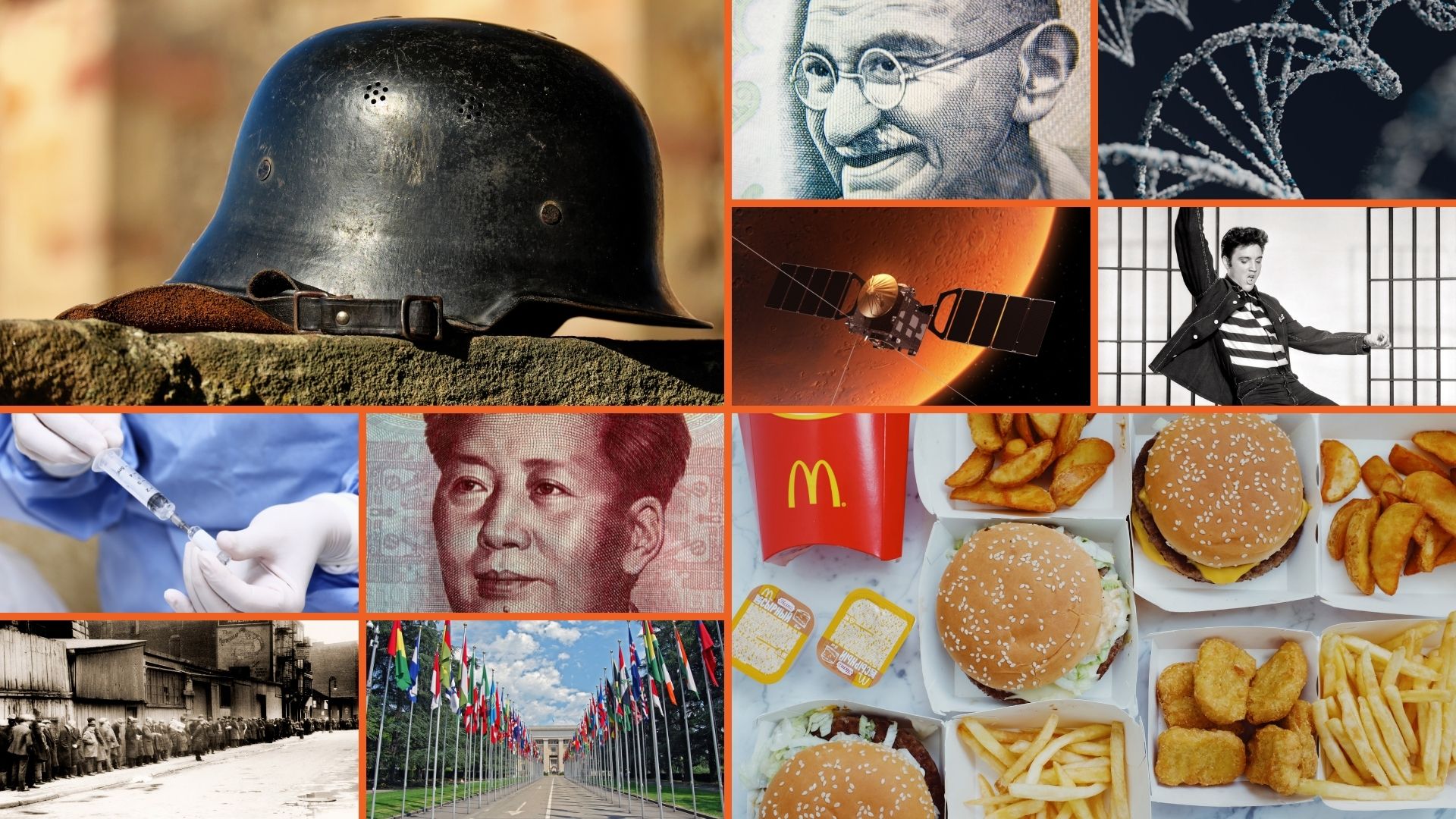


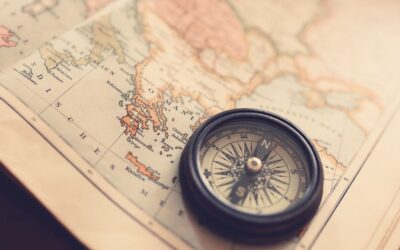

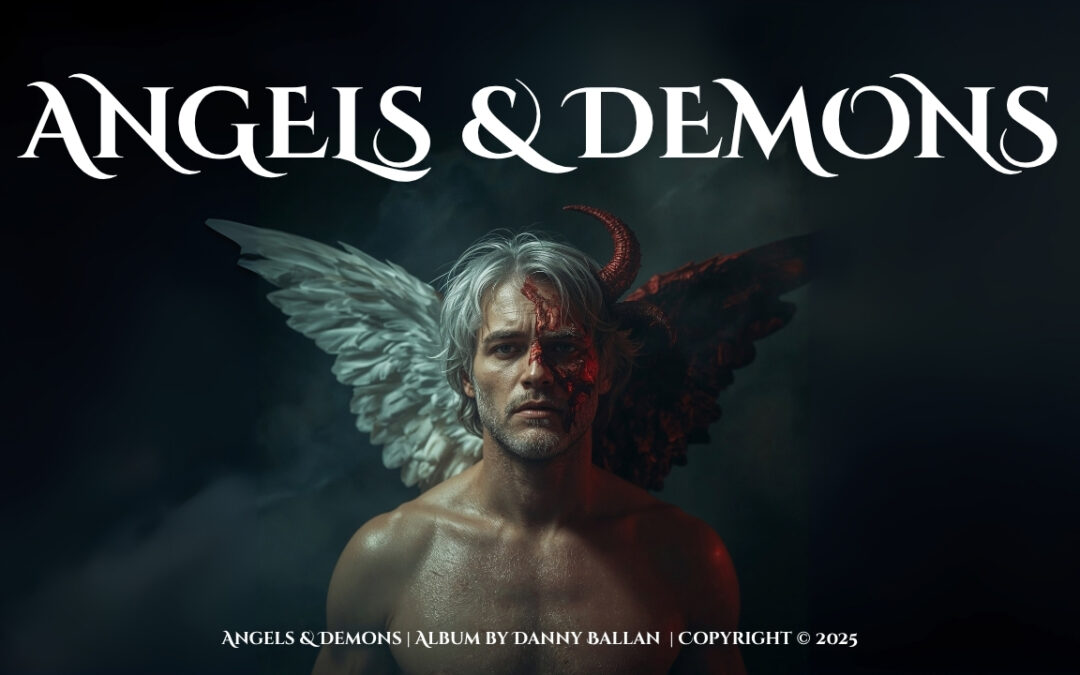

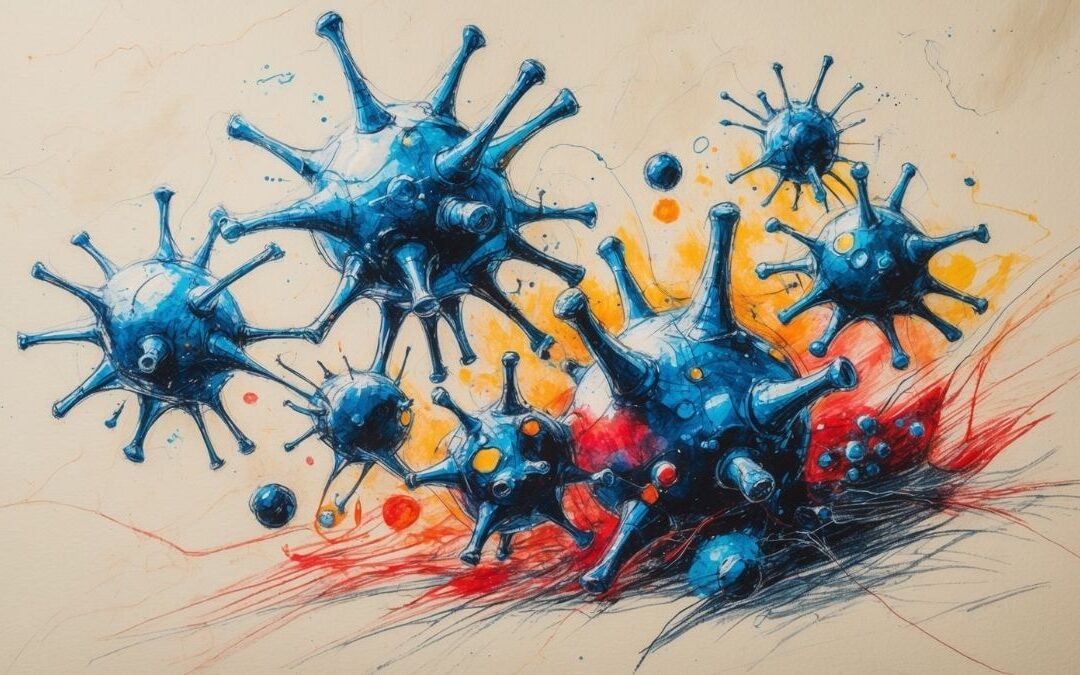
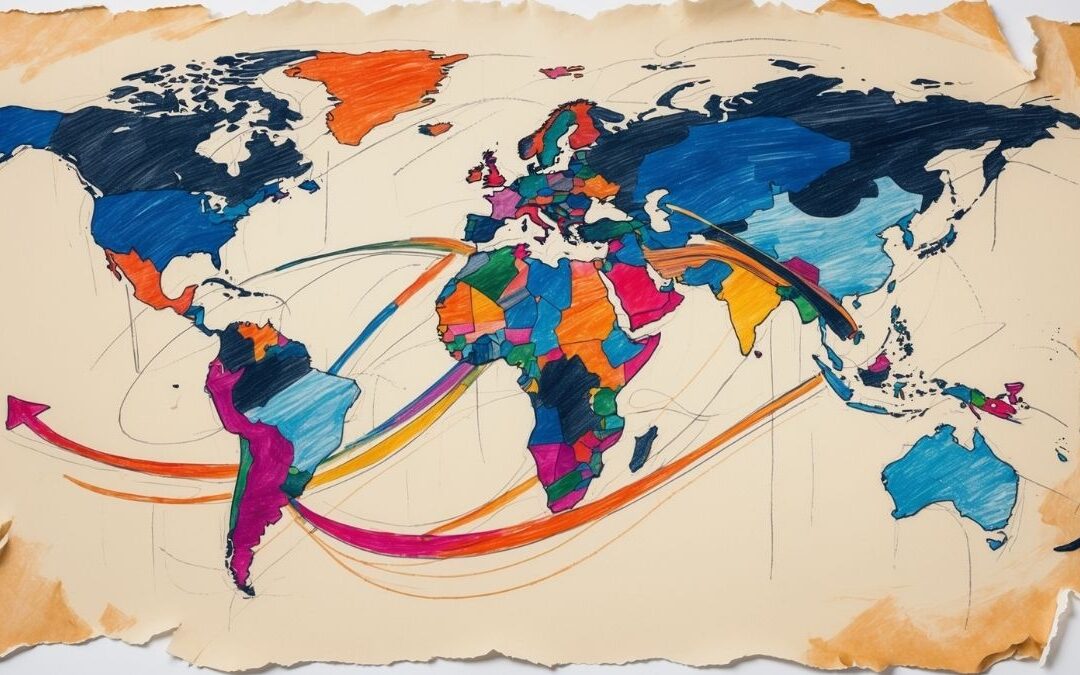

0 Comments